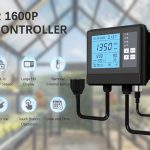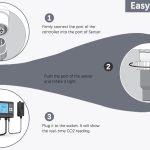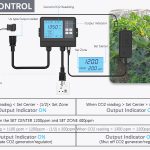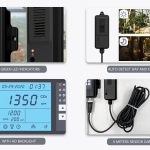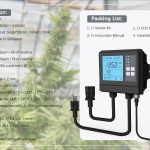
Pest Control for Indoor Begonia Plants: Keeping Your Plants Safe and Healthy
Pest Control for Indoor Begonia Plants: Keeping Your Plants Safe and Healthy
Indoor begonia plants are susceptible to a variety of pests that can cause damage and even death if left untreated. Here are some tips for pest control of indoor begonia plants:
- Inspect your plants regularly: Check your begonia plants regularly for signs of pest infestation, such as yellowing leaves, stunted growth, or webbing on the stems and leaves. Catching the problem early can help prevent further damage.
- Isolate infested plants: If you notice any pests on your begonia plants, isolate them immediately to prevent the pests from spreading to other plants. This will also make it easier to treat the affected plant without affecting the others.
- Use insecticidal soap: Insecticidal soap is an effective and safe way to control many types of pests, including aphids, whiteflies, and spider mites. Dilute the soap according to the manufacturer’s instructions and spray it directly on the affected plant, making sure to cover both the top and bottom sides of the leaves.
- Use neem oil: Neem oil is a natural insecticide that can be used to control a wide range of pests, including aphids, mealybugs, and scale insects. Mix the neem oil with water according to the manufacturer’s instructions and spray it on the affected plant.
- Use sticky traps: Sticky traps can be an effective way to catch flying insects such as whiteflies and fungus gnats. Place the traps near your begonia plants and replace them as needed.
- Use biological controls: Biological controls, such as ladybugs and praying mantises, can be used to control pests naturally. Release these beneficial insects near your begonia plants and let them do their job.
- Rotate your plants: Rotating your begonia plants periodically can help prevent pest infestations by disrupting the life cycle of pests that may be hiding in the soil or on plant debris.
- Maintain good hygiene: Keeping your indoor environment clean and free of dust and debris can help prevent pest infestations. Wipe down your begonia plants regularly with a damp cloth to remove any dirt or debris that may attract pests.
By following these tips for pest control of indoor begonia plants, you can help keep your plants safe and healthy. Remember to always pay attention to your plants’ individual needs and adjust your care accordingly.





